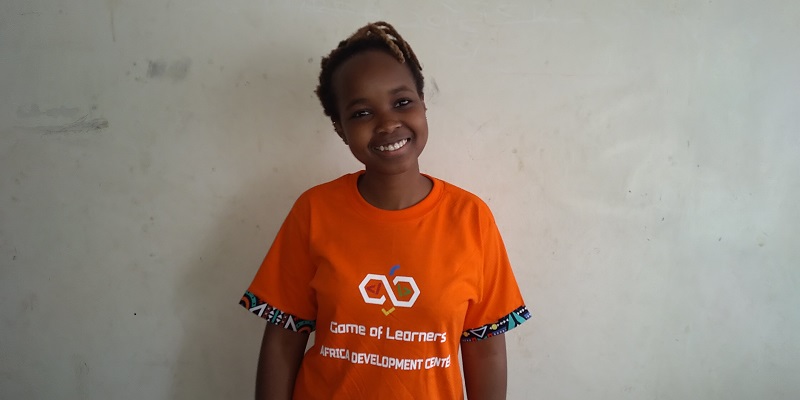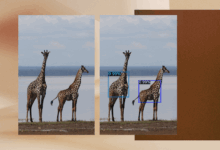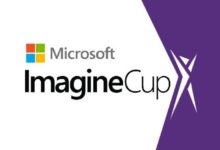Microsoft announces winners of its Game of Learners hackathon

Microsoft has announced the winners of its just-concluded Game of Learners (GOL) hackathon sponsored by Microsoft’s Africa Development Center (ADC).
An entry featuring the development of a unique mobile-based medical app emerged the winner. Dubbed RemD (short form for Remote Doctor), the mobile app was developed by five students drawn from Dedan Kimathi University of Technology, Multimedia University of Kenya, Strathmore University and Mt. Kenya University.
The challenge was to demonstrate the application of technology in developing e-health systems that will enable patients to access normal medical services remotely.
RemD was developed by five students namely Daniel Katungi (Mt. Kenya University), Sandra Makena (Dedan Kimathi University of Technology, Joshua Melita (Strathmore University), Cyndrella Wafula of Multimedia University and led by Microsoft Student Ambassador Joshua Ndemenge (Dedan Kimathi University). The app uses technology to avail a set of tools and services that aim to bring health care services to a user or an organization. Through the app, a user requests for consultation services selecting whether they would like consultation with either a general physician, a psychiatrist, or a paediatrician. They then receive a message from the bot to begin triage where all the symptoms are recorded. After the triage, the bot sends all the information recorded to the doctor on the App. The doctor continues the conversation with a user via SMS. If the doctor deems it necessary, an in-person appointment can be set up.
“Any user seeking medical services can access our services through the mobile app or the USSD App. While the doctor on the other end can interact with these users using the windows app,” explains the RemD team leader, Joshua Ndemenge.
The African Development Center Managing Director Jack Ngare congratulated all the 25 participating students noting that some of the projects presented had big potential for commercialisation and Microsoft was willing to support them achieve that dream. Apart from RemD, the other projects submitted include Tribore, MediChap, Mizizi and Motion, all showcasing various solutions to avail healthcare solutions via different technology platforms.
“While access to healthcare has been a key concern in Africa for ages, the Covid-19 pandemic has accelerated the impetus to discover new technology solutions that will enable health providers handle an influx of people who get sick and it is encouraging to see the young generation and innovators harnessing the technology they have access to in developing solutions for the industry,” said Jack Ngare, the Africa Development Center Managing Director at the end of the competition. He added, “We are keen at growing your skills and I will really be proud to see some of you that has participated in the Game of Learners joining one of the engineering teams at Microsoft.”
In addition, Microsoft Research is running a programme called HealthNext that seeks to discover some of the new sustainable methods of offering healthcare in Sub-Saharan Africa and India and as such would be following up on some of the projects submitted to see how they can be scaled to the next level, Ngare said.
Each standing member of the winning team was rewarded with 1-year Azure credits, 1-year LinkedIn Learning vouchers, Digital certificate and digital badge for winning and mentorship from preferred professionals upon completion.
The Game of Learners hackathon, which kicked off in June, is aimed to empower the students to develop impactful solutions that can help address some of Africa’s and the world’s challenges. It is structured as a 5-week virtual hackathon comprised of weekly sprints where, at the end of the 5th week, all participating teams submit their final projects for judging. There were 19 volunteers from ADC and Microsoft Global Sales and Marketing department to train, coach the students throughout the 5-week engagement and judge each team’s final project submission.
(Featured image: Sandra Makena- Dedan Kimathi University of Technology)
Follow us on Telegram, Twitter, Facebook, or subscribe to our weekly newsletter to ensure you don’t miss out on any future updates.



